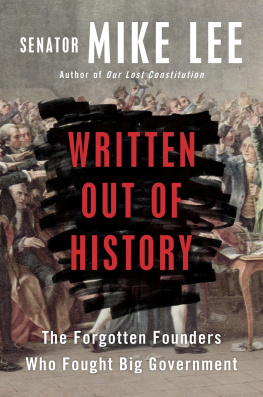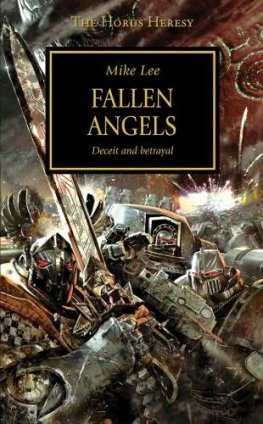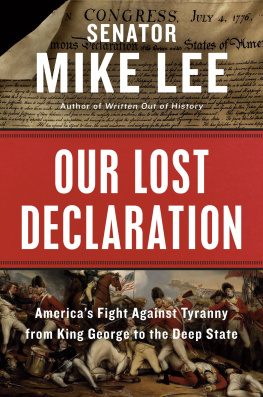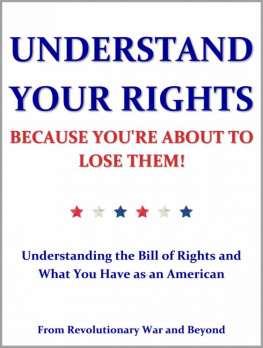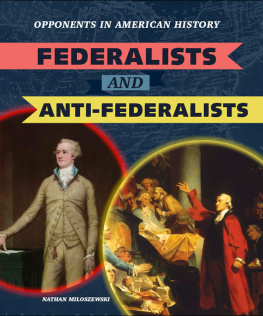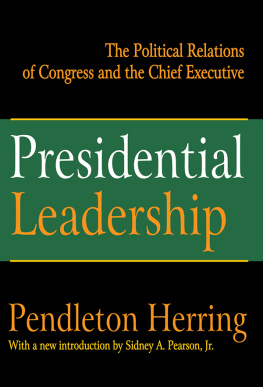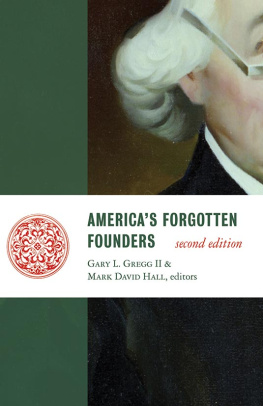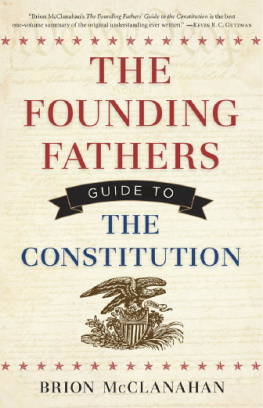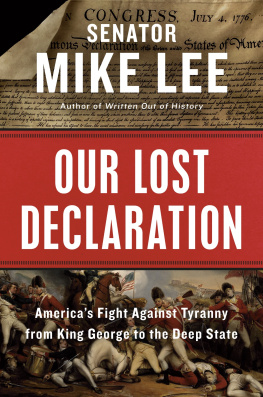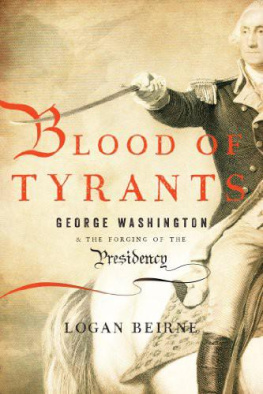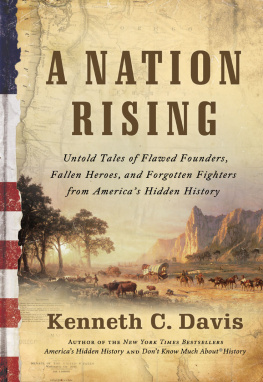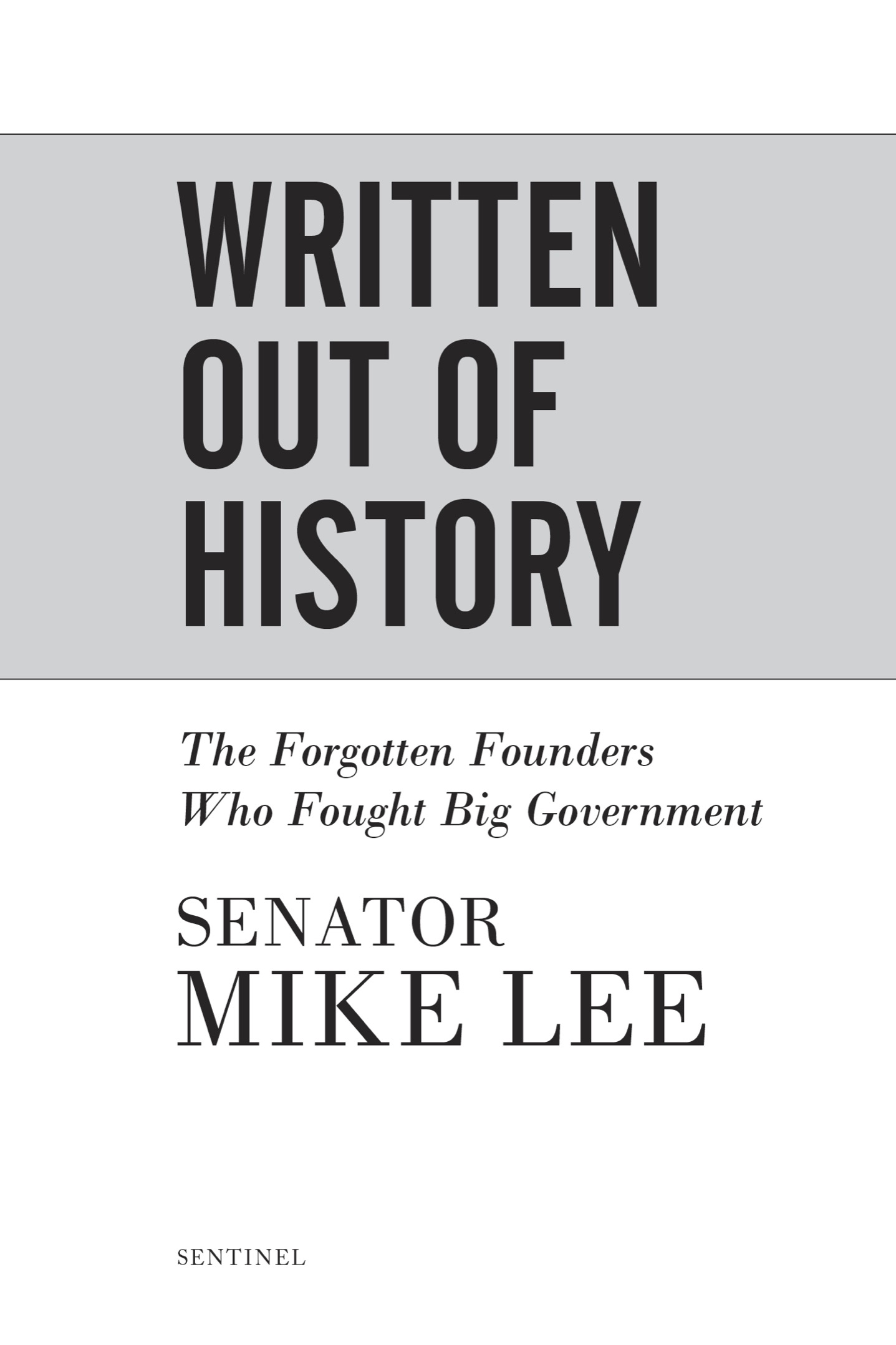Penguin supports copyright. Copyright fuels creativity, encourages diverse voices, promotes free speech, and creates a vibrant culture. Thank you for buying an authorized edition of this book and for complying with copyright laws by not reproducing, scanning, or distributing any part of it in any form without permission. You are supporting writers and allowing Penguin to continue to publish books for every reader.
Most Sentinel books are available at a discount when purchased in quantity for sales promotions or corporate use. Special editions, which include personalized covers, excerpts, and corporate imprints, can be created when purchased in large quantities. For more information, please call (212) 572-2232 or e-mail specialmarkets@penguinrandomhouse.com. Your local bookstore can also assist with discounted bulk purchases using the Penguin Random House corporate Business-to-Business program. For assistance in locating a participating retailer, e-mail B2B@penguinrandomhouse.com.
INTRODUCTION
The Hamilton Effect
W ashington. Adams. Jefferson. Madison.
These are the names of the first four presidents of the United States of America, but they are also the names of the men who were among the most prominent voices of our founding era. There are other founders, indeed, who, though they never attained our nations highest office, still live on in our historyBenjamin Franklin, John Hancock, and, most notably, Alexander Hamilton among them.
However, other founders, as relevant but with names not as well known, are missing from our nations popular history. Some individuals whose words and ideas contributed much to the founding of the nation have been relegated to the footnotes of history. And even others have, as a practical matter, been expunged from history altogether. The familiar narrative many of us were taught as children about our foundingthat great men came together to forge a constitution that set America on its present courseisnt exactly true, either. At least it isnt complete.
Most Americans can name only a few of the nearly sixty men who were sent to the 1787 convention that produced our Constitution; fewer still know about the sixteen attendees who, for various reasons, never signed the document, including the three who defiantly refused. A number of those who attended the convention even actively campaigned against its final product. Many men who had given everything they had for independencepledging their lives, fortunes, and sacred honor to resist a distant, remote government that recognized no limitations on its sovereign powerbelieved the Constitution would lead to the new nations ruin. And the delegates who did sign the Constitution, and fought vigorously for its adoption, had no intention of creating a sprawling, unaccountable federal bureaucracy like the one we have in Washington, DC, today. Why dont we know more about these delegates?
There were others who, while not delegates, still had a profound effect on the development of the American Republic. There were women, Native Americans, and African Americans who played a significant role in the fight for independence and in the thinking that went into our Constitution. Why are those names absent from popular history?
To find the answers to these questions, we must take a journey back to the early days of our Republic.
***
During the debates surrounding the Constitutions drafting and ratification, the doubts, skepticism, and outright fear of what the Constitution would bring ultimately made the document stronger and more just. That may sound strange to us in the twenty-first century, but remember: the founders, by declaring their independence from Great Britain and building their own system from scratch, had placed themselves in uncharted territory. The meneach in his own right, sometimes working together and often notwere unusually gifted, but they were still making this up as they went along. What became our governing document was the result of a brilliant compromise between the Anti-Federalists and the Federalistsbetween those who championed a divided and limited but strong central government, and those who feared that almost any central government would expand its authority at the expense of individual liberty and state autonomy.
We today are the beneficiaries of that Great Compromise, but too many of us dont fully understand it. And that is because history, over time, has tended to remember only one side of the argument, crowding out dissenting voices and obscuring the full story of the American experiment. In the last century, in particular, historians and politicians who consider themselves more enlightened than the foundersand believe in the power of bureaucrats to manage the affairs of an entire country from a distant capitalhave done special damage to the legacy of the founding generation, a legacy that warned against the dangers of a distant, centralized government.
Most of us, for example, are never presented with the arguments raised by the Anti-Federalists, who opposed the Constitutions ratification based on concerns that it would vest too much power in the federal government and thereby imperil liberty. And just as disturbing, many of the Federalists have been mischaracterized as early advocates of big government. Some have tried to portray the founders as proto-progressives, even though the founders lived a full century before there was anything even resembling a progressive. Those perpetuating this mischaracterization have done so by erasing the truth that nearly every founder shared a healthy skepticism of a large federal bureaucracyone that might eventually mimic some of the worst features of the very government they had just fought a revolution to escape.
No one living in America in the late eighteenth centurycertainly none of the brilliant minds who forged our founding documentscould have contemplated just how strong, or how large, that government would become. Nor could they have imagined how much control the city named for George Washington would come to have over ordinary citizens.
Take Alexander Hamilton, for example, a brilliant man who spoke up during the debates over the Constitution as one of the most fervent advocates of a stronger national government. In 2016 Hillary Clintons presidential campaign adopted Hamilton as something of a mascotquoting the eponymous hit show written by Lin-Manuel Miranda in speeches and renting out the entirety of Broadways Richard Rodgers Theatre, where the musical was performed for a fund-raiser. A century earlier, Herbert Croly, one of the most influential progressive intellectuals of the period and cofounder of The New Republic, praised Hamilton for advocating a policy of active interference with the natural course of American economic and political business and its regulation and guidance in the national direction.

